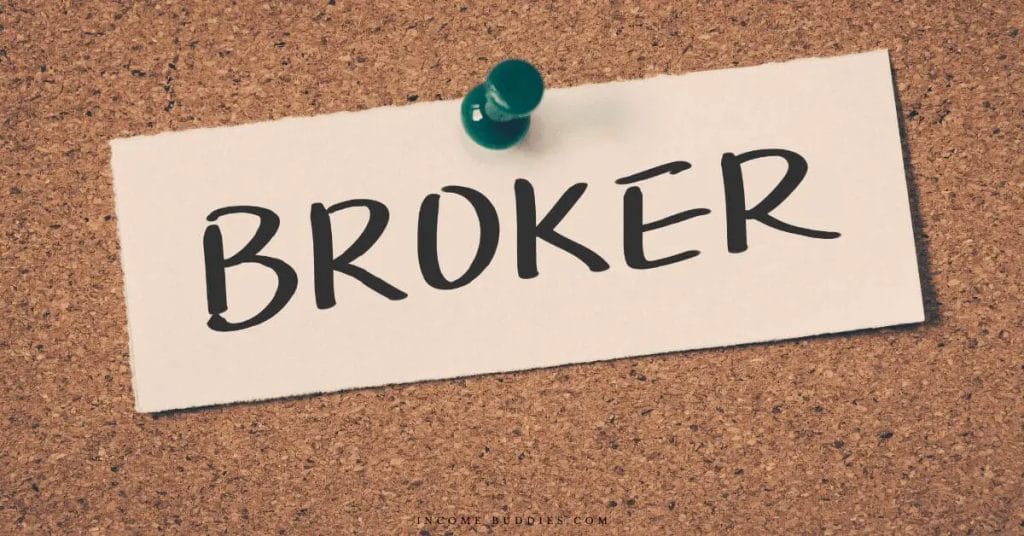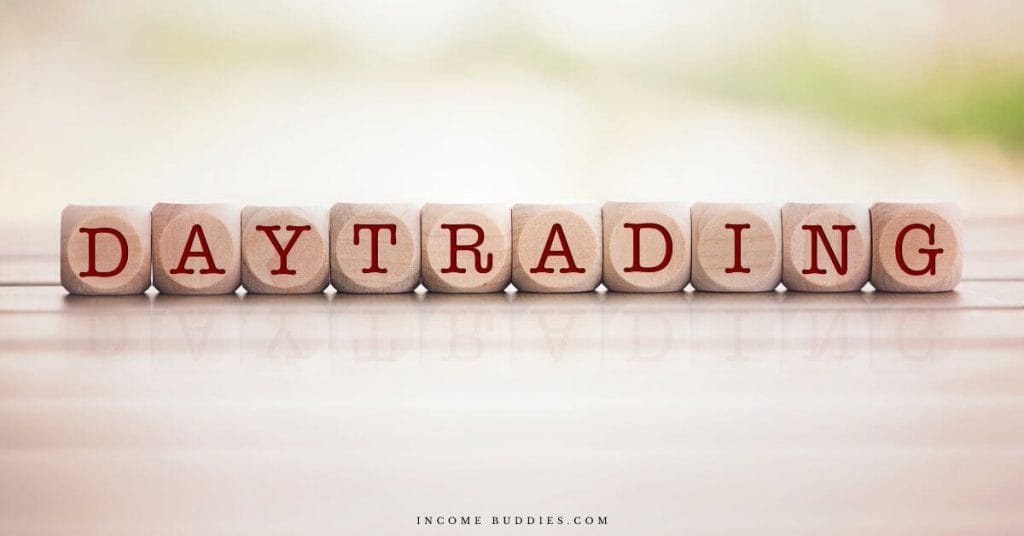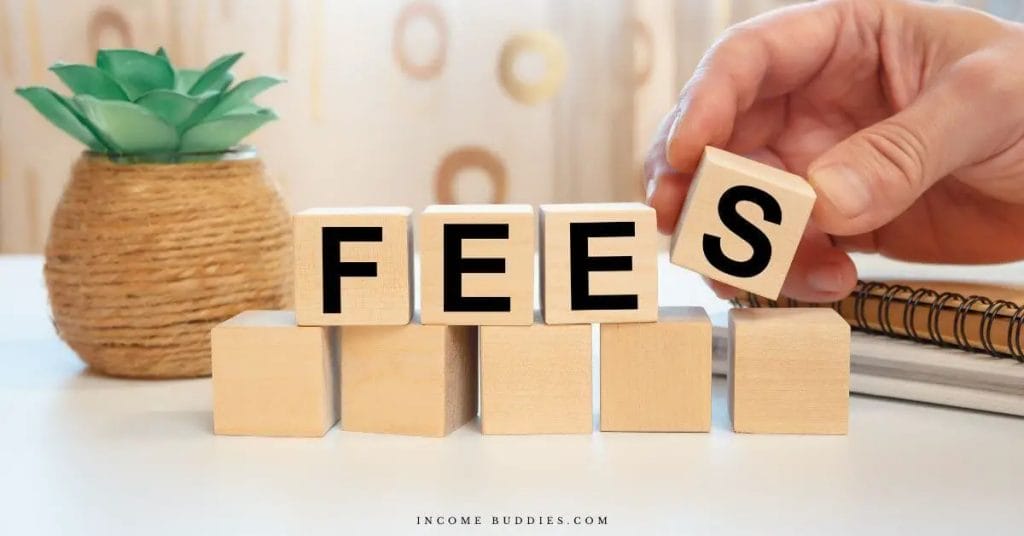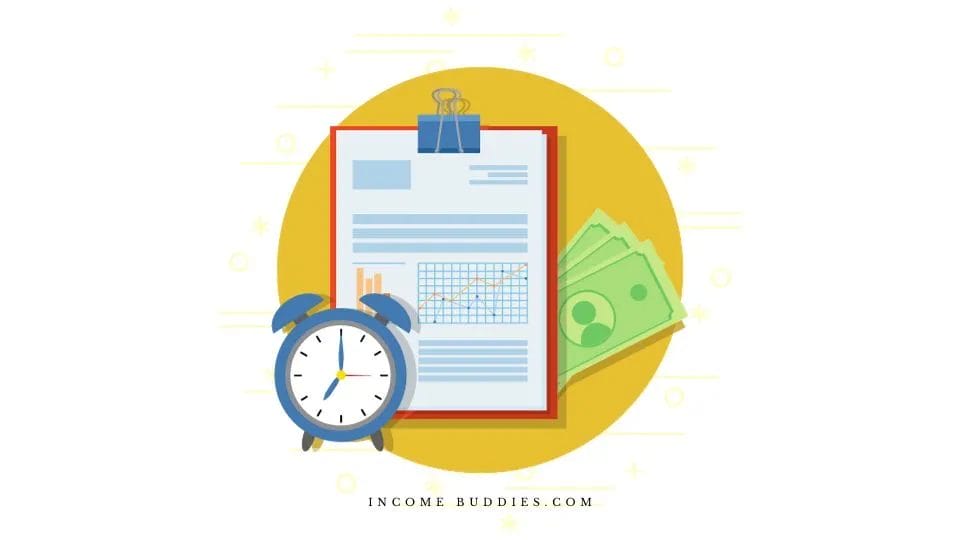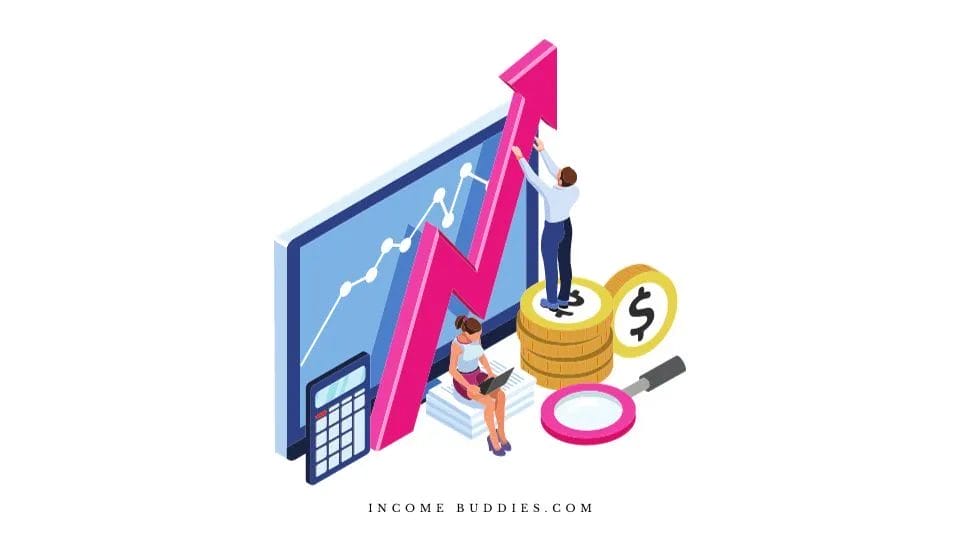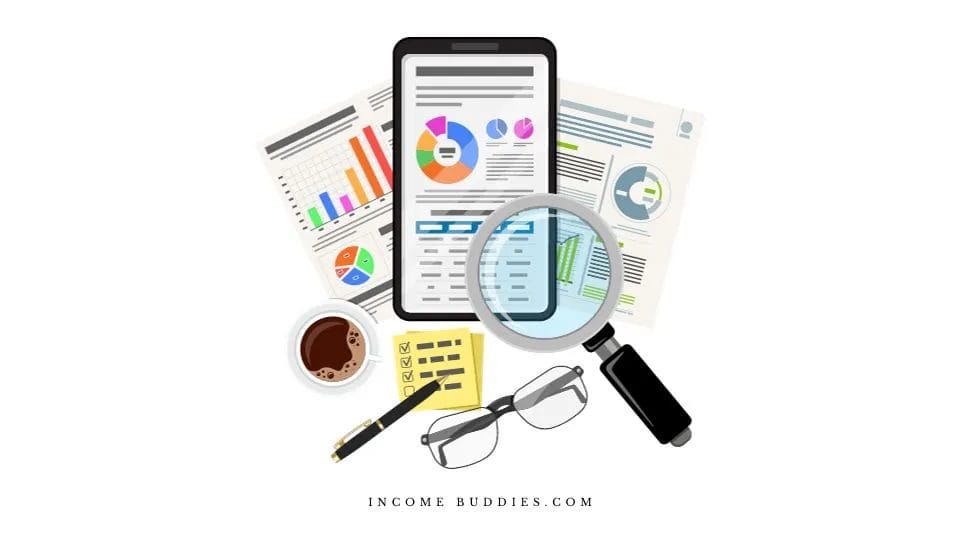Grow Your Wealth With Investing & Business
Moomoo SG Promotion! $970 Worth of Free Stocks + Perks for New User | April 2024 Updated 🟢
WeBull SG Promotion! Claim Up to SGD$10,000 FREE + $0 Platform Fee | April 2024 Updated 🟢
7 Online Brokerages vs Traditional Brokerages in Singapore: Making The Right Investment Choice
How to Use Webull Singapore to Trade, Buy and Sell Stocks? (Beginner’s Guide)
How to Use Moomoo to Trade, Buy and Sell Stocks? (Beginner’s Guide)
Best Trading Platform For Beginners in Singapore (Students, NSF, Fresh Graduates)
Day Trading For Beginners: Guide On How To Become a Day Trader
Average Brokerage Fee in Singapore: 20+ Broker Fees Compared
How to Transfer Stocks To Webull For Investors (Step-By-Step Guide)
How to Open and Fund Webull Account (Beginner’s Guide)
73 Singapore SGX-Listed ETFs Dividend Distribution Frequency (Monthly to Annually)
Dividend Investing Singapore: Complete Beginners Investor Guide
Grow Your Wealth
Singapore Brokerage Account Compared
Compare the top online brokerage account in Singapore with the lowest fees
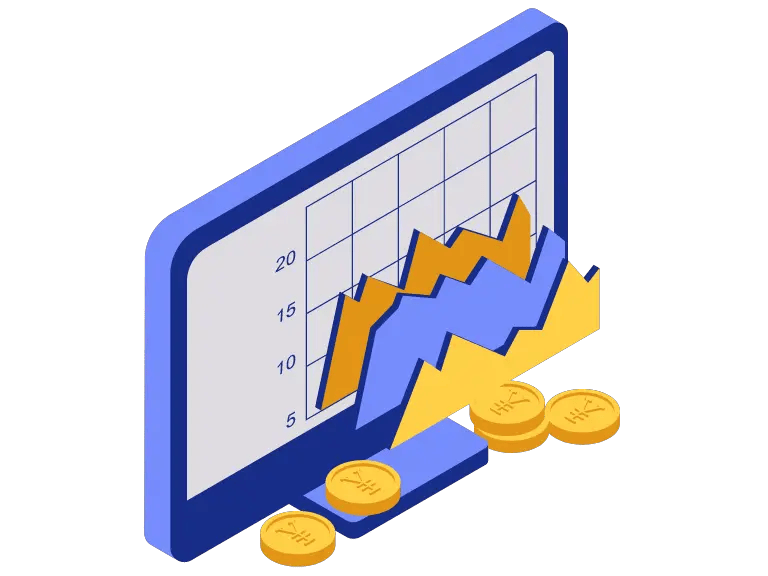
Cash Management Account Explored
Picking the best CMA to grow and invest your idle cash while waiting for opportunities to invest
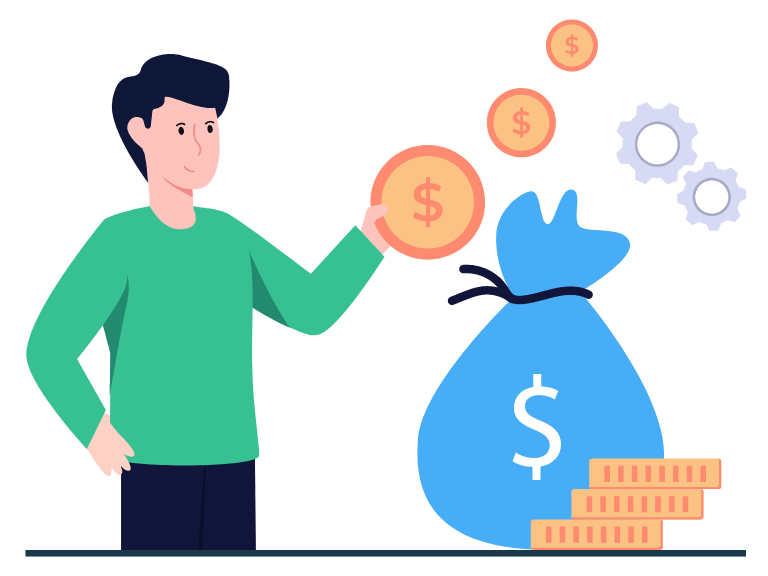
Top Money Tools
Best Trading Platform For Beginners in Singapore (Students, NSF, Fresh Graduates)
Best Broker For US Stocks in Singapore: Beginner’s Guide
Best Broker For Singapore Stocks: Beginner’s Guide to Trading on SGX
Best Options Trading Platforms in Singapore 2024 (Low Fees Trading Platform
7 Best Free Webinar Software Platform For Hosting Virtual Events (Business & Education)
11 Best On-Demand Webinar Software Platform (Business & Education)
Disclaimer: Watchlist is only informational. We do not provide financial or investment advice. Check T&C for details.
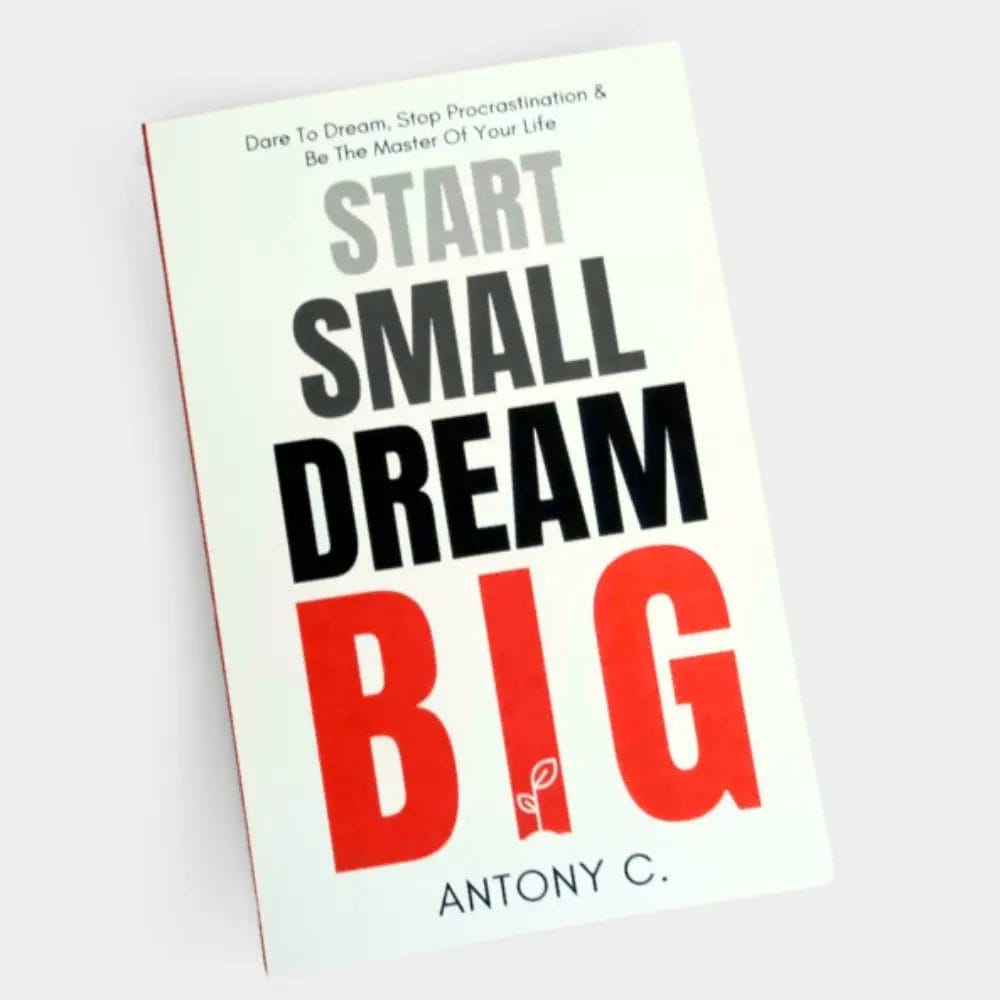
Do You Want A Happier Life?
Written in simple English, “Start Small, Dream Big“ is packed with useful strategies for anyone who are looking to beat procrastination and reach your goals.
Hey, I’m Antony C. aka. Kopi Buddy
I’m a book author, an investor and an entrepreneur who’ve built multiple online businesses, while many failed, a few succeeded. And, yup, its ok to fail =)
Sharing what I’ve learned from both my failures and successes, here we’ll go on a journey to create financial freedom from smart dividend investing and creating profitable online businesses.
While you may meet challenges along the way (everyone does!), with strong support from our community of buddies, I’m sure you’re going to have fun on your journey of growing your income! Come read more about me and Income Buddies and get connected.

Come sign up for my newsletter and let’s get connected!
Financial Journey Simplified
What is IncomeBuddies?
At IB, passionate personal finance enthusiasts come together to share our ideas.

Learn new creative ways to grow income with minimal effort, and maximum return easy and fast.
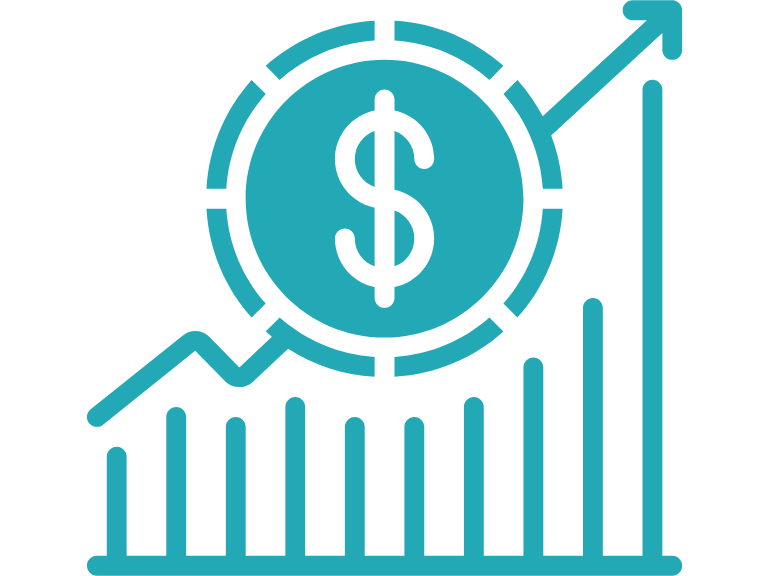
Best tips and guide to manage our personal finance the same way how the smart wealthy does it.

Transforming beginners into pros by sharing proven methods and ideas that we use ourselves to grow our income.








